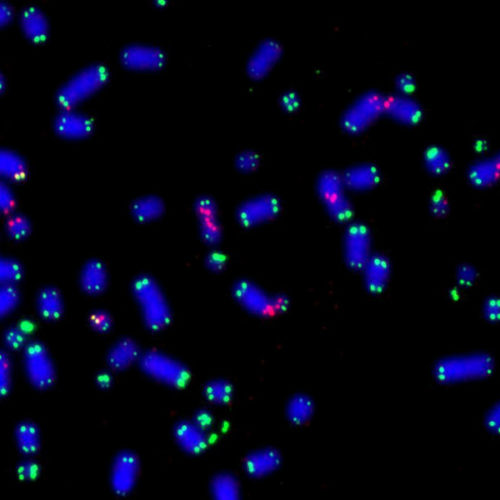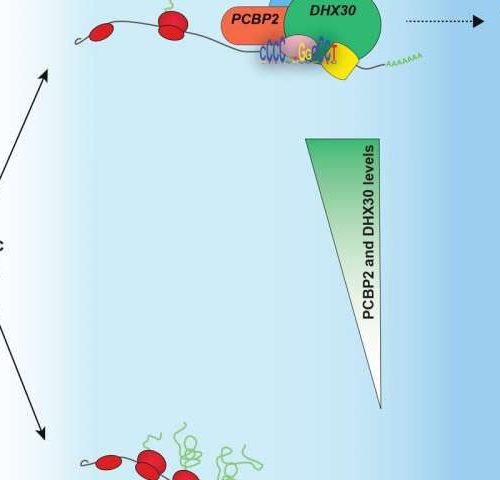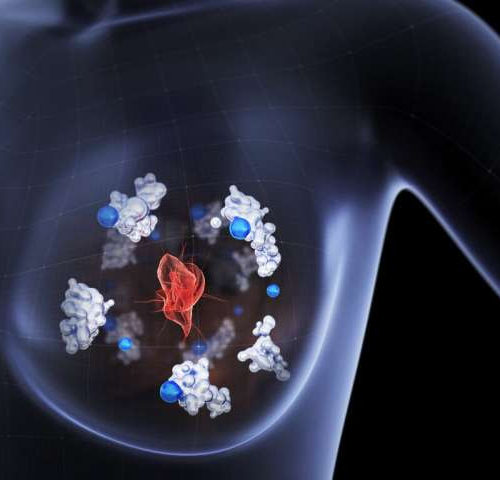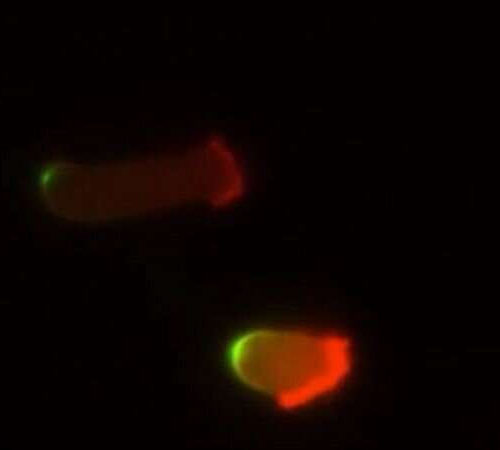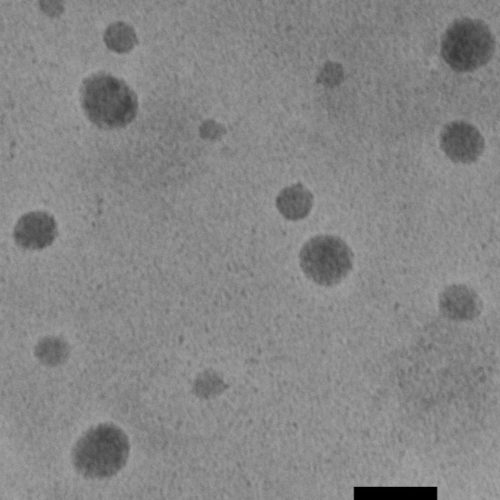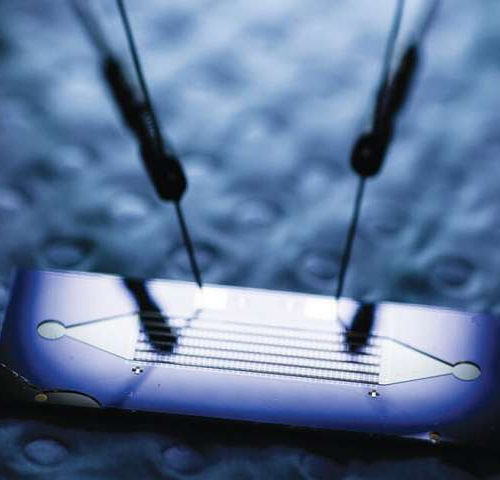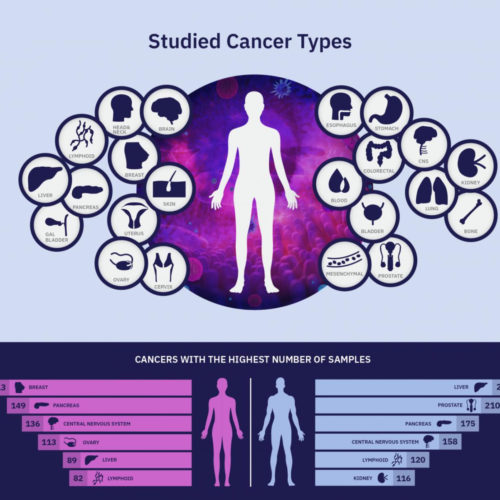Two important functions of the protein RTEL1 during cancer cell division could help pinpoint new cancer treatments, researchers report. One of the body’s most important processes is cell division, which occurs throughout life. Normal cells only have a limited number of divisions, while in cancer cells the cell division goes awry and is uncontrollable. Therefore,...
Tag: <span>cancer cells</span>
Continuous dosing improves progression-free survival for melanoma patients with common mutations
by SWOG A first-of-its-kind randomized clinical trial offers strong and perhaps surprising evidence that a combination of two targeted melanoma drugs when given continuously keeps patients’ cancer from growing or spreading longer when compared with intermittent treatment, according to study results to be presented at the 2020 virtual annual meeting of the American Association for...
Researchers determine how the p53 protein can lead cancer cells to their death
by Università di Trento There is an ongoing battle between cancer cells and p53, the protein known as “the guardian of the genome,” and a study conducted at the University of Trento has identified a number of factors that influence the outcome of this battle and therefore the effectiveness of cancer treatments. Scientists explore two...
Turning colon cancer cells around
Using a modified natural substance along with current clinical approaches could improve colon cancer treatment, according to findings by the University of California, Irvine biologists. The discovery comes from their research into the role of an amino acid in tumor development and a potential method for reversing the process. Their study appears in Nature Cancer....
Cancer cells spread using a copper-binding protein
by Chalmers University of Technology Researchers at Chalmers University of Technology, Sweden, have shown that the Atox1 protein, found in breast cancer cells, participates in the process by which cancer cells metastasize. The protein could therefore be a potential biomarker for assessing the aggressiveness of the disease, as well as a possible target for new...
Statins starve cancer cells to death
by Johns Hopkins University More than 35 million Americans take statin drugs daily to lower their blood cholesterol levels. Now, in experiments with human cells in the laboratory, researchers at Johns Hopkins Medicine have added to growing evidence that the ubiquitous drug may kill cancer cells and have uncovered clues to how they do it....
Nanosize device ‘uncloaks’ cancer cells in mice and reveals them to the immune system
JOHNS HOPKINS MEDICINE Scientists at Johns Hopkins report they have designed and successfully tested an experimental, super small package able to deliver molecular signals that tag implanted human cancer cells in mice and make them visible for destruction by the animals’ immune systems. The new method was developed, say the researchers, to deliver an immune...
Gold nanoparticles detect signals from cancer cells
A novel blood test that uses gold nanoparticles to detect cancer has also been shown to identify signals released by cancer cells which could result in earlier diagnosis and better treatment. New research has revealed the nanotechnology developed by University of Queensland scientists can detect and monitor extracellular vesicles (EVs) in the bloodstream. Australian Institute...
First comprehensive survey of virus DNA found within cancer cells
UNIVERSITY OF EAST ANGLIA Researchers from the University of East Anglia have helped to carry out the first comprehensive survey of viruses found within different types of cancer. An international team systematically investigated the DNA found within more than 2,600 tumour samples from patients with 38 different types of cancer. They discovered traces of viruses...
A close-up look at mutated DNA in cancer cells
by Max Delbrück Center for Molecular Medicine No two tumors are alike. That’s why two people with the same kind of cancer can react very differently to the same medicine. In one the tumor gets smaller, in another the degenerated tissue remains unaffected. Usually this is due to genetic variations in the individual cancer cells....

